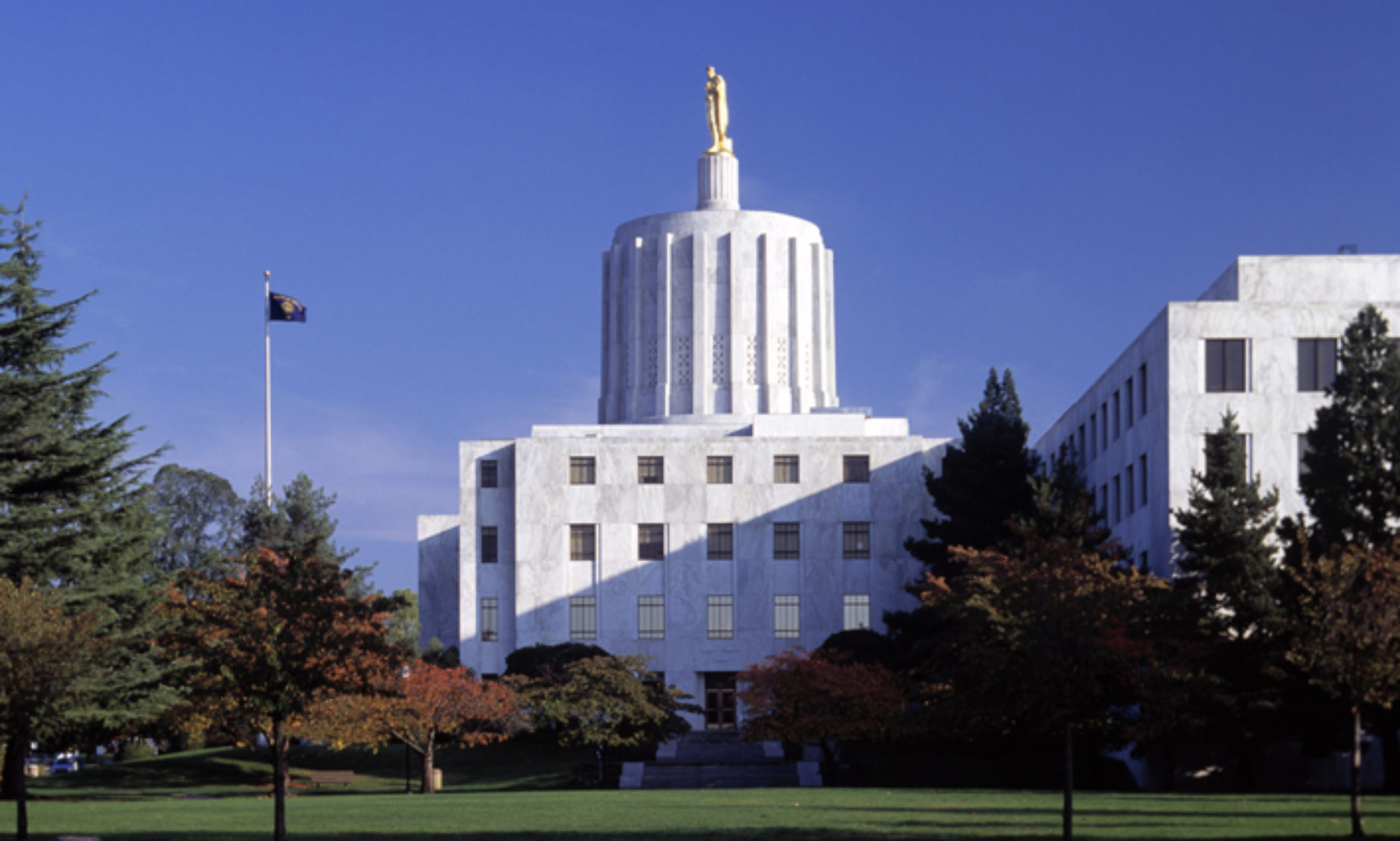PDX Charter Transparency-Proposal (Oct 2022)
Submit written comments to the Charter Commission – final deadline is Monday, Nov. 28, at 7am.
Open Oregon has joined a coalition of civic organizations who are urging Portland’s Charter Commission members to support a Transparency Advocate within city government and send the proposal to voters before the group wraps up work on Dec. 3.
Coalition members have submitted written testimony and spoke at the Commission’s final two public hearings, November 17 and November 19, as well as at earlier hearings.
The coalition, which includes ACLU of Oregon, League of Women Voters of Portland, Open Oregon and the Greater Oregon Society of Professional Journalists, released the following statement:
Portland voters endorsed moving to a new form of city government, with more Council members setting policy and the Mayor and a new city administrator taking responsibility for day-to-day decisions. To ensure these changes fulfill their promise and honor voters’ intent, we believe Portland needs a city Transparency Advocate.
“The public has a right to know what its government is doing,” said Sandy Chung, executive director, ACLU of Oregon. “We are hearing from Portland communities, especially BIPOC and low-income communities, that there continues to be high levels of mistrust by people about the City of Portland, including the Portland Police Bureau. We encourage the Charter Commission to embed government transparency into Portland’s Charter by establishing the position of transparency advocate.”
The Transparency Advocate would be an impartial position, readily accessible to the public, charged with supporting the rights of persons to know about and participate in their government and promoting high standards of efficiency, accountability and transparency in the provision of city services. Endorsing this position will help cement the Charter Commission’s six goals, which include an accessible, transparent, accountable and trustworthy government. Members of the public can submit comments on this proposal until Monday, Nov. 28 at 7 am.
Creating a position of Transparency Advocate will also put into action Portland’s current values policy statement, adopted in June 2020. That named transparency as one of the city’s core values, along with anti-racism, equity, communication, collaboration and fiscal responsibility.
“We commend the City of Portland for adopting transparency as one of its core values,” said Debbie Kaye, president of the League of Women Voters of Portland. “We feel, however, that the city has far to go in implementing this stated value.”
Portland has struggled to live up to that value for years. For example, a federal judge recently cited the city’s lack of transparency in proposing an independent monitor to oversee reforms of the Portland Police Bureau. A state judge last year “excoriated” the city for its failure to be transparent. News reports have highlighted situations in which city officials sought to shield communication about police technology from public view, and in which thousands of text messages of Portland public officials, including the Mayor, were erased, although they were required to be preserved as public records.
“Portland would be in good company by creating a Transparency Advocate,” said Emily Harris, a board member of Open Oregon. “Atlanta, for example, found that establishing a transparency oversight position helped build trust because it’s a resource for both public employees and ordinary citizens.”
Lack of transparency promotes inequity, since without transparency only those with specialized knowledge, access or resources can fully participate in Portland government. Now, with Portland’s City Council more than doubling in size and centralizing city management, an in-house transparency expert would play a crucial role in educating new officials and staff, being a resource to the public, and enhancing Portland’s ability to follow state transparency laws.
“The Oregon State Archivist testified to the Legislature in 2020 that a new state Public Records Advocate had by ‘leaps and bounds’ improved ‘consistency and efficiency’ in the provision of public information around the state,” said Nick Budnick, member of the Greater Oregon SPJ Freedom of Information Committee. “A city Transparency Advocate could benefit Portland similarly, helping members of the public and the city engage in ways that reduce waste and support an informed public.”
.
We urge the Commission to endorse this proposal and send it to Portland voters.
Important dates:
Monday, Nov. 28 (7am): Written public comment closes. Submit written comments to the Charter Commission.
Tuesday, Nov. 28: Commission’s public deliberation and vote on proposals.
Saturday, Dec. 3: Commission’s final vote on Phase II charter revisions.
